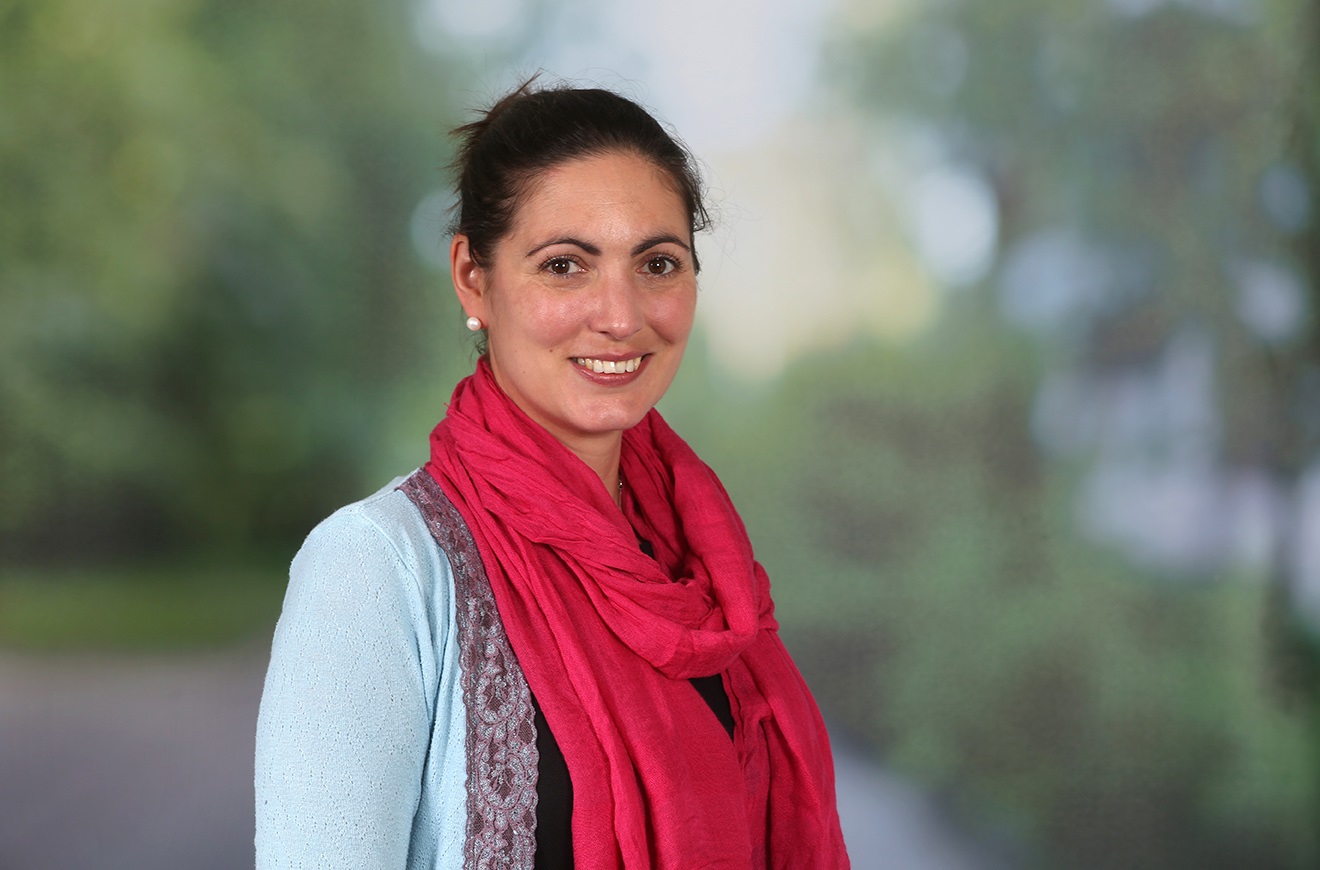The value of expertise
When working through a separation it can sometimes be necessary for the interested parties to agree on using the evidence of an expert witness to help settle any financial disputes.
In matrimonial matters an expert witness can be called for a variety of reasons but one of the most common is to value property.
The chosen individual has specialist training and understanding that makes them highly knowledgeable and as a result their opinion can be relied upon by the court.
Those who specialise in property valuation will be a chartered surveyor and registered valuer with the Royal Institution of Chartered Surveyors (RICS) and will very often have received additional training. At Savills it is mandatory to complete an internal training course and in most cases have a minimum of 10 years’ experience.
The role of an expert witness
An expert witness will undertake a thorough investigation when assessing a property, looking at all factors that may impact on its value.
As well as full measurements, photographs and notes they will take into account additional buildings, accommodation and land. If it’s a rural, equestrian or a farm or estate then a variety of other issues will also be considered including the grade of the land, soil series, individual tenancies and farming arrangements along with planning applications and development potential.
Impartial and transparent
Under Civil Procedure Rules (CPR) an expert witness must be independent. Their duty is to the court rather than any individual involved in the case. An expert witness must be objective in giving their opinion at all times and nothing can be discussed with either party. Opinions are based on factual observations, transparent and fair to all concerned. You can be reassured that any valuation advice is completely impartial.
Full disclosure
When reporting to the court an expert witness has to give a fair reflection of the property’s market value as defined by the RICS and state what it would fetch if sold in an ‘arm’s length’ transaction to a third party. For that to be effective there must be full disclosure from both parties.
Why use an expert witness?
By using an expert witness and agreeing to rely on the evidence they produce it can encourage the interested parties to move matters forwards and talk, rather than have unresolved issues that progress to court. Ultimately it can help avoid lengthy negotiations and potentially save money on court costs further down the line.

Rebecca Heaton Msc MRICS FAAV
Associate Director at Savills Ipswich
RICS Registered Valuer and Expert Witness
Tel: 01473 234823
